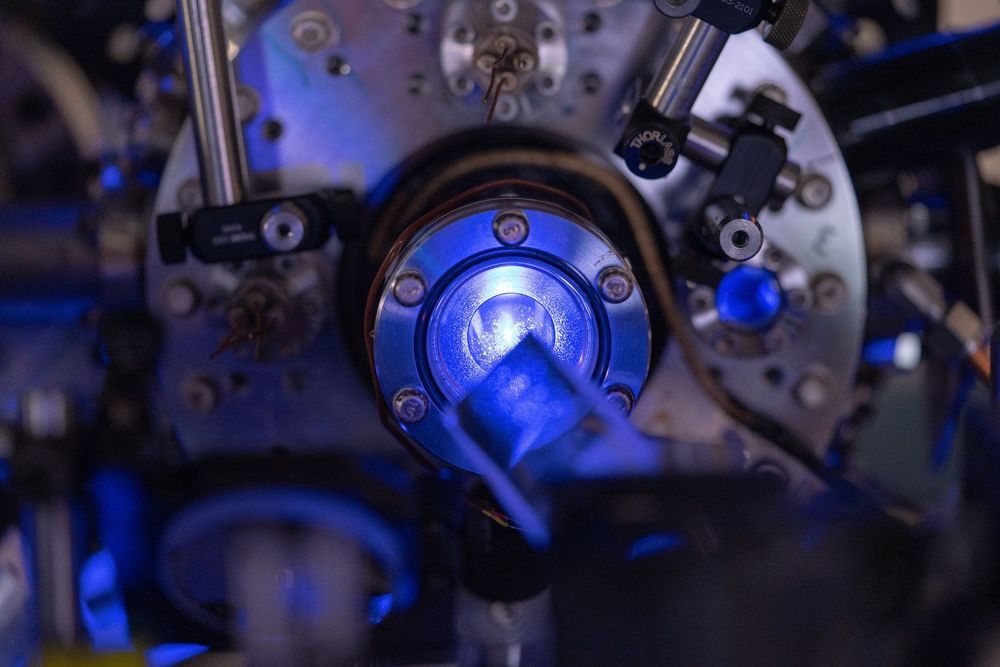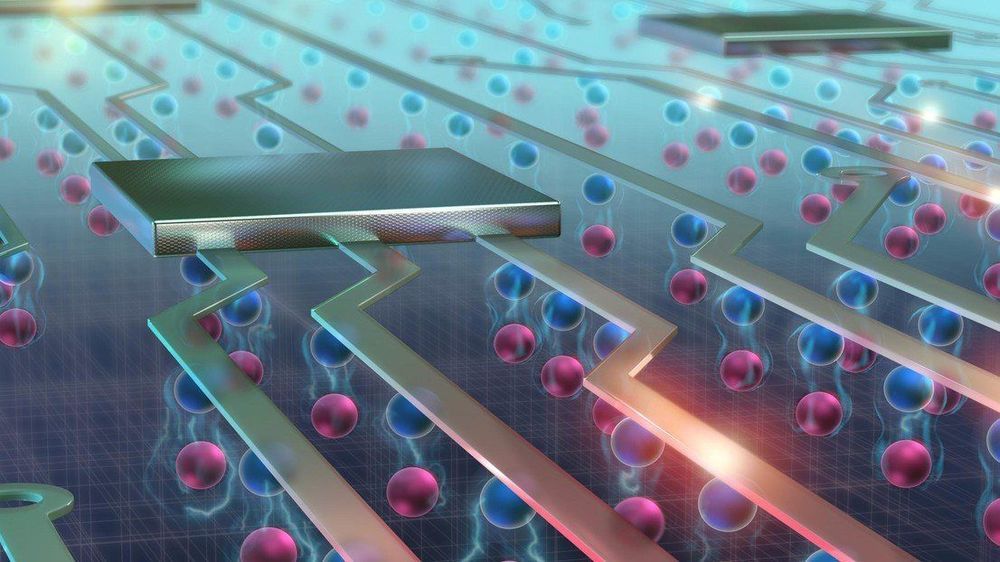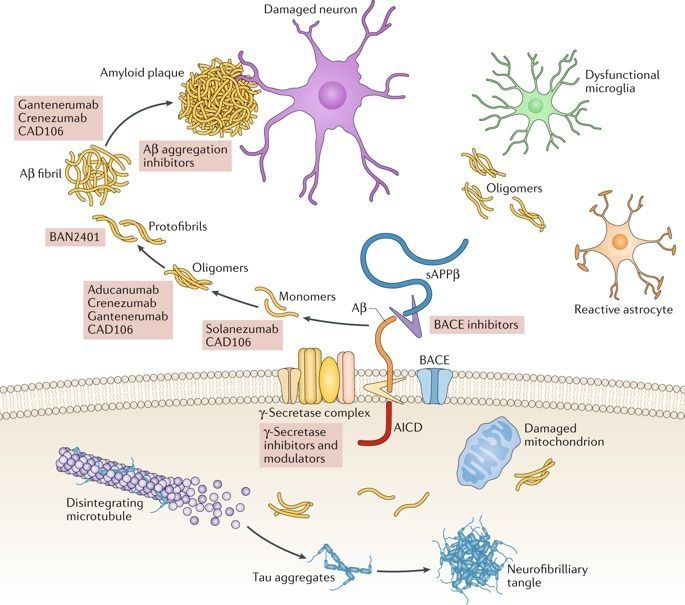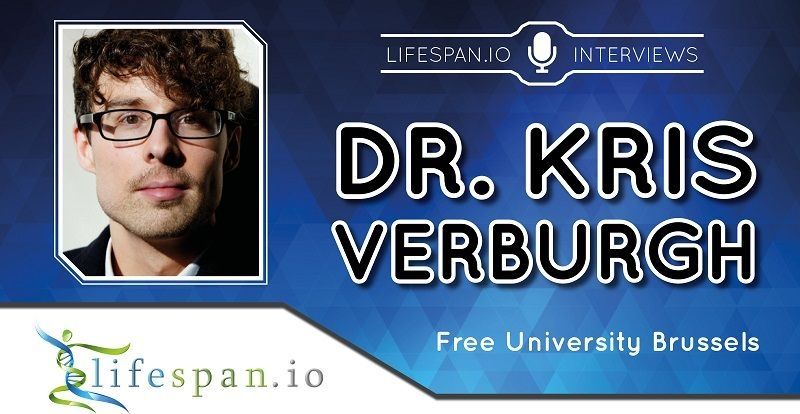Page 9232
Jan 4, 2019
Excitons pave the way to higher-performance electronics
Posted by Genevieve Klien in categories: computing, nanotechnology, quantum physics
After developing a method to control exciton flows at room temperature, EPFL scientists have discovered new properties of these quasiparticles that can lead to more energy-efficient electronic devices.
They were the first to control exciton flows at room temperature. And now, the team of scientists from EPFL’s Laboratory of Nanoscale Electronics and Structures (LANES) has taken their technology one step further. They have found a way to control some of the properties of excitons and change the polarization of the light they generate. This can lead to a new generation of electronic devices with transistors that undergo less energy loss and heat dissipation. The scientists’ discovery forms part of a new field of research called valleytronics and has just been published in Nature Photonics.
Excitons are created when an electron absorbs light and moves into a higher energy level, or “energy band” as they are called in solid quantum physics. This excited electron leaves behind an “electron hole” in its previous energy band. And because the electron has a negative charge and the hole a positive charge, the two are bound together by an electrostatic force called a Coulomb force. It’s this electron-electron hole pair that is referred to as an exciton.
Continue reading “Excitons pave the way to higher-performance electronics” »
Jan 4, 2019
The Five Ways The Universe Might End
Posted by Genevieve Klien in categories: cosmology, futurism
Everything we know can be traced back to the Big Bang, and before that, cosmic inflation. But what if we look to the future?
Jan 4, 2019
A critical appraisal of amyloid-β-targeting therapies for Alzheimer disease
Posted by Genevieve Klien in categories: biotech/medical, neuroscience
Brain accumulation of the amyloid-β (Aβ) peptide is believed to be the initial event in the Alzheimer disease (AD) process. Aβ accumulation begins 15–20 years before clinical symptoms occur, mainly owing to defective brain clearance of the peptide. Over the past 20 years, we have seen intensive efforts to decrease the levels of Aβ monomers, oligomers, aggregates and plaques using compounds that decrease production, antagonize aggregation or increase brain clearance of Aβ. Unfortunately, these approaches have failed to show clinical benefit in large clinical trials involving patients with mild to moderate AD. Clinical trials in patients at earlier stages of the disease are ongoing, but the initial results have not been clinically impressive. Efforts are now being directed against Aβ oligomers, the most neurotoxic molecular species, and monoclonal antibodies directed against these oligomers are producing encouraging results. However, Aβ oligomers are in equilibrium with both monomeric and aggregated species; thus, previous drugs that efficiently removed monomeric Aβ or Aβ plaques should have produced clinical benefits. In patients with sporadic AD, Aβ accumulation could be a reactive compensatory response to neuronal damage of unknown cause, and alternative strategies, including interference with modifiable risk factors, might be needed to defeat this devastating disease.
Jan 4, 2019
Clearing Old Cells from Mouse Brains Lowered Signs of Anxiety
Posted by Genevieve Klien in category: neuroscience
Jan 4, 2019
An Interview with Dr. Kris Verburgh, M.D
Posted by Steve Hill in categories: biotech/medical, life extension, robotics/AI
At the Fourth Eurosymposium on Healthy Ageing, which was held in Brussels last November, Elena and I met Dr. Kris Verburgh, a medical doctor who is especially interested in biogerontology and the potential of this field of study to turn medicine on its head.
Dr. Verburgh is only about 33 years old and has already written several science books—one of which, written when he was only 16, made him the youngest science author in Europe. Another prominent interest of his is nutrition, which he believes is one of the best, if not the best, ways we currently have to slow down the march of aging and buy ourselves more time to live until the rejuvenation age; his latest book, The Longevity Code, is centered around this topic.
Dr. Verburgh is also a strong supporter of the idea that AI will play a more and more important role in research, leading the way to a not-too-far age of personalized medicine—this was one of the theses he touched upon during the panel in which he participated at EHA.
A look at the tech modifying and enhancing the human body and possibly leading us to a cyborg future.
Jan 4, 2019
The Unlikely Origins of the First Quantum Computer
Posted by Genevieve Klien in categories: biotech/medical, chemistry, encryption, quantum physics, robotics/AI
Within days of each other back in 1998, two teams published the results of the first real-world quantum computations. But the first quantum computers weren’t computers at all. They were biochemistry equipment, relying on the same science as MRI machines.
You might think of quantum computing as a hyped-up race between computer companies to build a powerful processing device that will make more lifelike AI, revolutionize medicine, and crack the encryption that protects our data. And indeed, the prototype quantum computers of the late 1990s indirectly led to the quantum computers built by Google and IBM. But that’s not how it all began—it started with physicists tinkering with mathematics and biochemistry equipment for curiosity’s sake.
Jan 4, 2019
Next up: Ultracold simulators of super-dense stars
Posted by Genevieve Klien in categories: computing, particle physics, quantum physics, space

Rice University physicists have created the world’s first laser-cooled neutral plasma, completing a 20-year quest that sets the stage for simulators that re-create exotic states of matter found inside Jupiter and white dwarf stars.
The findings are detailed this week in the journal Science and involve new techniques for laser cooling clouds of rapidly expanding plasma to temperatures about 50 times colder than deep space.
Continue reading “Next up: Ultracold simulators of super-dense stars” »
Jan 4, 2019
Researchers find bottom of Pacific getting colder, possibly due to Little Ice Age
Posted by Genevieve Klien in category: climatology
A pair of researchers, one with the Woods Hole Oceanographic Institution, the other Harvard University, has found evidence of deep ocean cooling that is likely due to the Little Ice Age. In their paper published in the journal Science, Jake Gebbie and Peter Huybers describe their study of Pacific Ocean temperatures over the past 150 years and what they found.
Prior research has suggested that it takes a very long time for water in the Pacific Ocean to circulate down to its lowest depths. This is because it is replenished only from the south, which means it takes a very long time for water on the surface to make its way to the bottom—perhaps as long as several hundred years. That is what Gebbie and Huber found back in 2012. That got them to thinking that water temperature at the bottom of the Pacific could offer a hint of what surface temperatures were like hundreds of years ago. To find out if that truly was the case, the researchers obtained data from an international consortium called the Argo Program—a group of people who together have been taking ocean measurements down to depths of approximately two kilometers. As a comparative reference, the researchers also obtained data gathered by the crew of the HMS Challenger—they had taken Pacific Ocean temperatures down to a depth of two kilometers during the years 1872 to 1876.

















